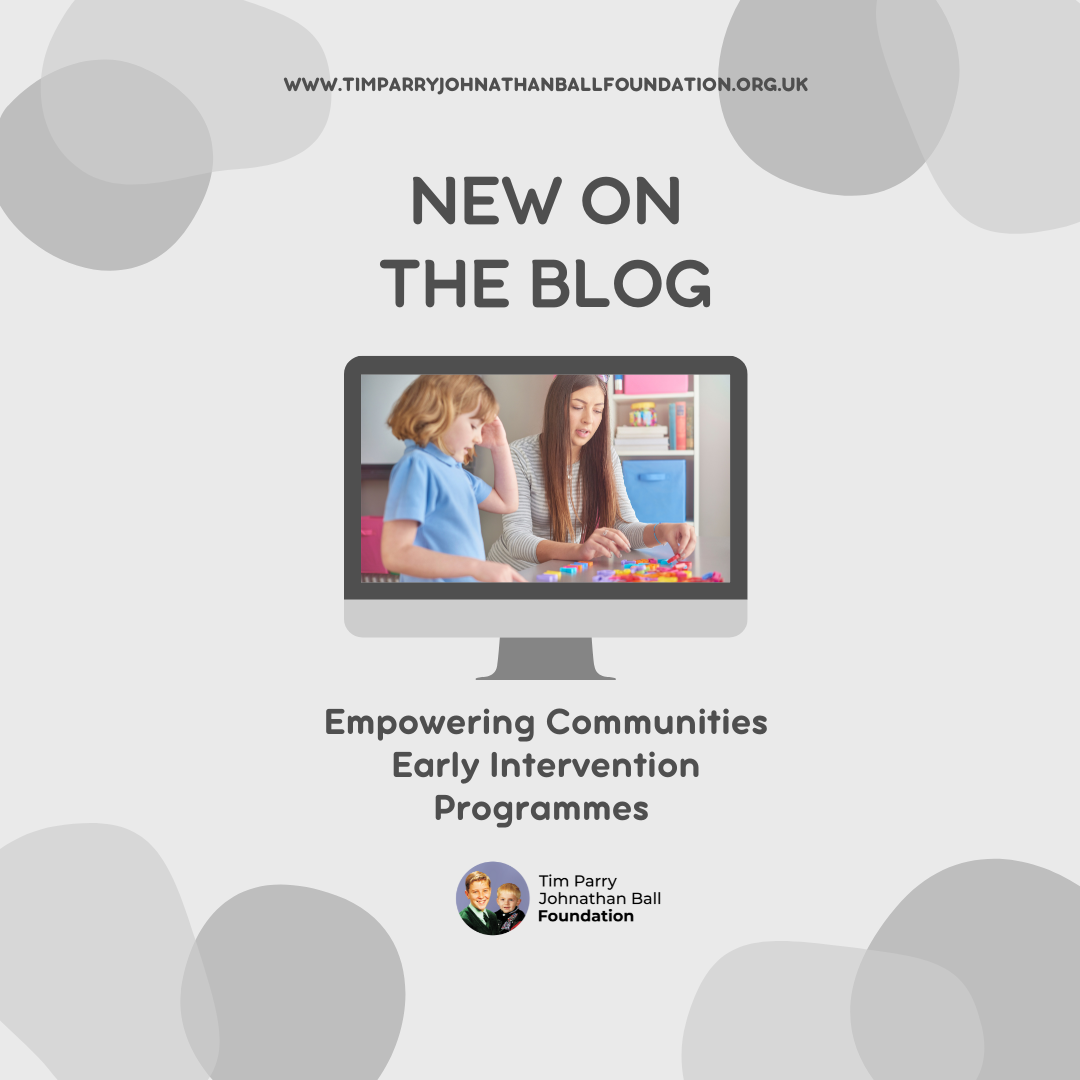
Delivering Peace-building and Conflict Resolution programmes in schools and communities, is ever more vital in a world where conflicts and tensions often dominate the headlines. The Foundation is rightly praised for its work and dedication to fostering reconciliation, particularly through its early intervention programmes, which are central to our mission in addressing the root causes of violence and extremism.
Understanding early intervention
Our programmes identify the factors leading to violent or extremist ideologies, and by intervening early, they challenge radicalisation by promoting positive alternatives which build stronger and united communities.
Our approach
Centers on community engagement, education, and empowerment. We work across diverse sectors to reach individuals at various stages of vulnerability.
Community Engagement – built on trust and rapport in schools, religious institutions, and grassroots organisations, to understand community dynamics and tailor interventions accordingly.
Education and Awareness – education challenges misinformation and false narratives through critical thinking, tolerance and understanding among young people, giving them the strength to resist involvement in radicalisation, gangs and county lines and make the right choice when they need it the most.
Support Services – we support schools and families, by offering 121 support for children and by working with the relevant service. These interventions address underlying vulnerabilities and empower individuals to make positive choices.
Youth Engagement: is central to our approach as young people are often the most vulnerable. Through youth-led initiatives and peer-to-peer mentoring, we empower young people to become active agents of change in their communities.
Impact and Success Stories
The impact of early intervention is evident in the lives they have touched and the communities they have transformed. By providing alternative pathways and fostering resilience, these programmes have helped countless individuals steer away from violence and extremism.
The Foundation currently supports teachers through our 1 to 1 work. One of our success stories concerns a schoolgirl called Emma, whose childhood has been marred by her mum’s struggles with alcohol and drug addiction. The chaos and instability at home created an environment that was far from nurturing. Not only did her mum leave Emma and her siblings home alone, but she also took her to environments that no child should ever see. Emma found herself caught in the crossfire of their destructive habits and domestic abuse.
The 121 sessions became Emma’s lifeline and offered the support and guidance she desperately needed.
Emma’s transformation was outstanding. With newfound confidence, Emma excelled academically, formed connections again, and learned to see herself not as a victim of circumstance, but as a resilient young child.
Emma’s story highlights the transformative power of our work which prioritises the well-being of children affected by conflict. Emma is a testament to the impact we have on the lives of those in need.
Challenges and Future Direction
Despite our success, we remain committed to continuously adapting and innovating our approach to meet modern-day challenges head-on.
We will expand our reach and deepen our impact through new partnerships, harnessing technology, and amplifying the voices of those affected by violence and extremism, and by continuing to invest in early intervention, we will bring peace and reconciliation where there was division and conflict.
Conclusion
In a world of uncertainty and division, we confront violence and extremism, by empowering communities and fostering resilience. Our programmes can and do prevent tragedies by building cohesion. We are committed to supporting initiatives that promote peace, understanding, and reconciliation.
About the Tim Parry Johnathan Ball Foundation
Schools and Education
The Foundation delivers educational programmes and training on conflict resolution and extremism awareness, through school assemblies, class discussions, small group work, or on a 1-2-1 basis with specific students. We empower individuals with the knowledge and skills to promote peace, challenge extremism, and foster cohesion.
Non-Formal Education:
The Foundation focuses on informal prevention education, giving individuals critical thinking, emotional awareness, and conflict management skills. We address social isolation to promote empathy, respect for others, and healthy communication, challenging the distorted beliefs and negative attitudes propagated within communities.
Community Cohesion:
The Foundation fosters understanding, connection and social bonds, to challenge isolation and alienation by promoting inclusivity, and creating alternative support networks.
Promoting Positive Development:
In our work, we explore and expose the underlying factors contributing to social exclusion – inequality, limited education, and employment opportunities. We foster inclusivity and equal opportunities for all, in our schools, youth groups, workplaces, and communities.
The Foundation plays a vital role in preventing, resolving, and responding to incidents of violence. Together, we can challenge these threats, ensure greater safety, and foster a society that values the rights and dignity of every individual.
To learn more about the Tim Parry Johnathan Ball Foundation and how you can get involved, please visit our website at www.timparryjohnathanballfoundation.org.uk or contact us at info@timjon.org.uk or call 01925 581231.

